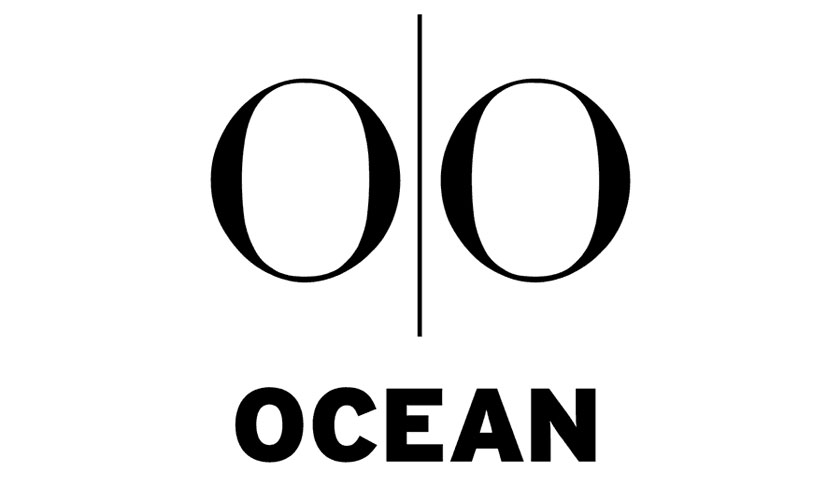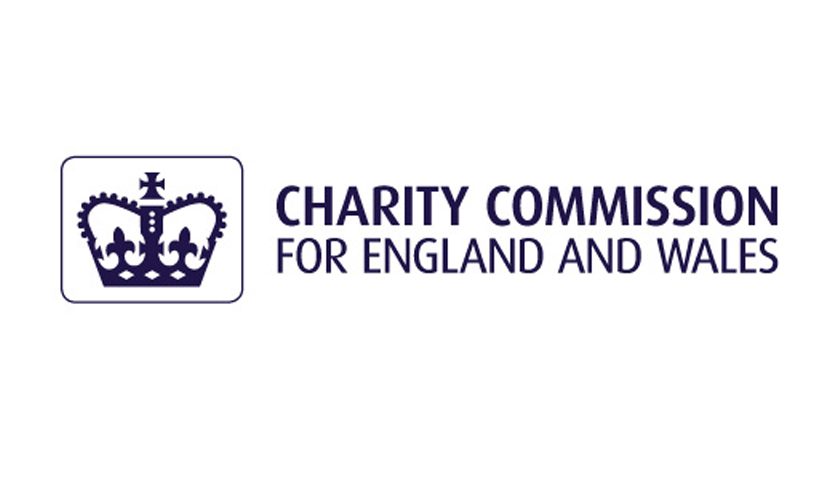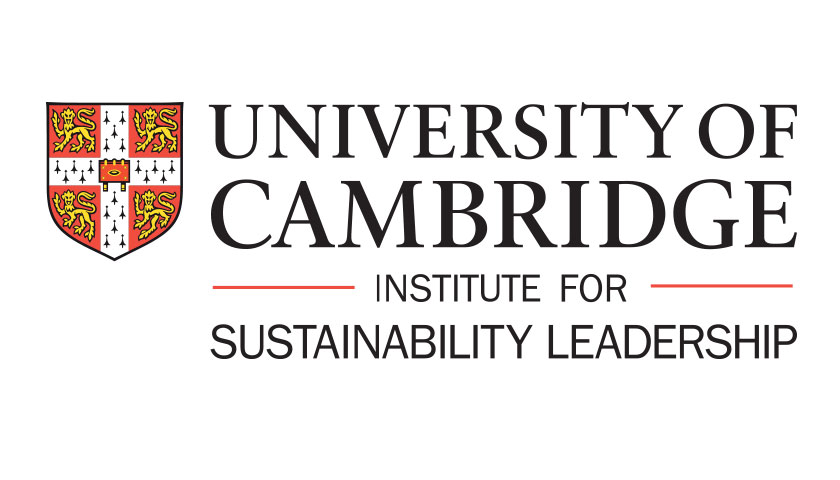World leaders have been building momentum to triple globally installed renewable energy capacity by 2030. This goal, which equates to 11 terawatts of renewables capacity by 2030, took center stage at the United Nations climate summit in the United Arab Emirates as the COP28 Presidency seeks international agreement on it. The proposed pledge matches what is needed for a global net-zero pathway by 2050 and Paris-aligned climate goals, according to analysis published today by research provider BloombergNEF (BNEF). While the last tripling of capacity happened over 12 years, from 2010…
Read MoreDay: 8 January 2024
Ocean reopens advertising fund to combat climate change, the biodiversity crisis and marine pollution
Ocean has reopened its annual fund which offers free advertising campaigns to charities and non-profits that are working to repair and restore the planet. Under the Drops in the Ocean programme, Ocean donates 2% of the Group’s annual reported UK revenue to environmental charities in the form of advertising value across the company’s extensive digital screen network in 16 cities. Organisations and causes concerned with the preservation of habitats, land and the oceans; global warming; pollution; sustainability and the climate emergency are invited to apply to the Drops in the…
Read MoreUK charity regulators urge banks to remove ‘avoidable frustrations’ for charities
The bosses of the UK’s charity regulators have written to the UK’s largest banks to request “urgent action” to stop charities being given poor service or denied accounts. The letter, from Helen Stephenson (Charity Commission for England and Wales), Maureen Mallon (Office of the Scottish Charity Regulator) and Frances McCandless (Charity Commission for Northern Ireland), says that charities are “on the frontline of the current cost-of-living crisis”, and that the challenges they face are being “heightened by avoidable frustrations” created by banks. The three chief executives say there is “little…
Read MoreNew research shows world’s most climate vulnerable countries could lose over 100% of GDP in 2024 from disasters that are insurable
New research from the University of Cambridge Institute for Sustainability Leadership (CISL), with risk analysis from global insurance group Howden, demonstrates the transformative economic efficiency of risk-sharing systems to provide vulnerable countries with financial security from climate related disasters. The smallest and most vulnerable countries risk losing over 100% of their GDP from extreme climate shocks next year, according to the findings, which underlines the scale and severity of the risks faced by the Global South. Small Island Developing States (SIDS) and other vulnerable countries bear these overwhelming threats almost…
Read MoreThe invisible suffering of Ehlers-Danlos patients visualised
WMH&I has deployed its Power of Creativity philosophy in a new campaign that aims to raise awareness of Ehlers-Danlos Syndromes (EDS), and help sufferers get diagnosed. ‘Super Flexible Not Superhuman’ puts a spotlight on the symptoms of EDS, including joint hypermobility and skin hyperextensibility – the two are common to all 13 tissue connectivity disorders under the EDS umbrella. While a flexible body is often considered a gift, for people with EDS it leads to chronic pains, regular joint dislocation, skin scarring and organ frangibility. EDS is also not as…
Read More



